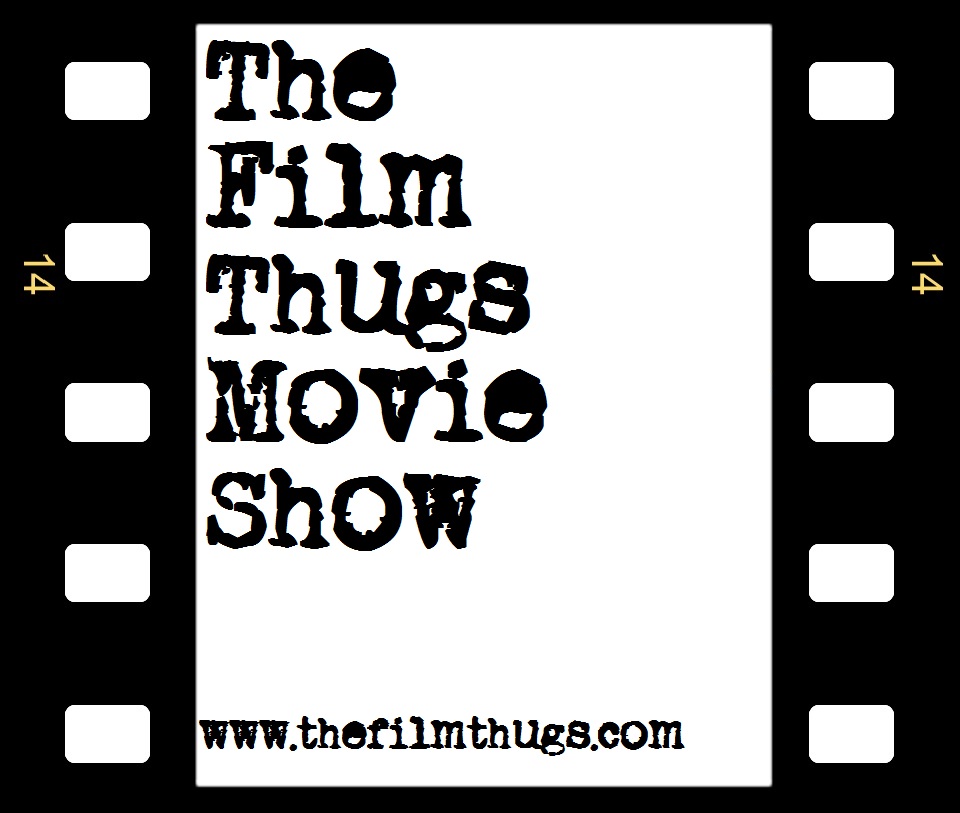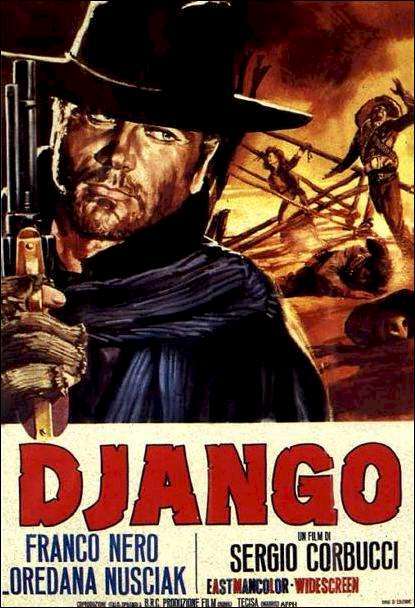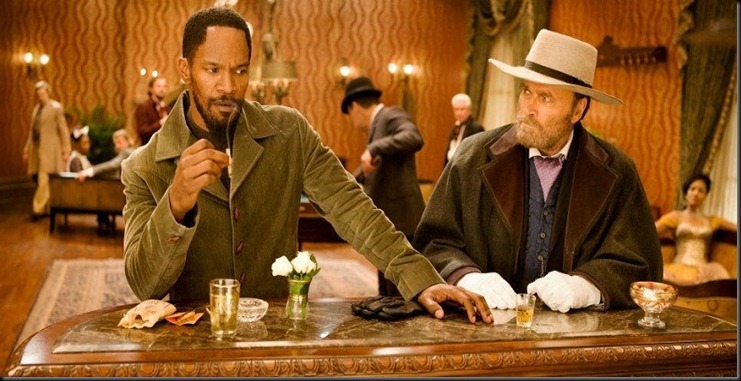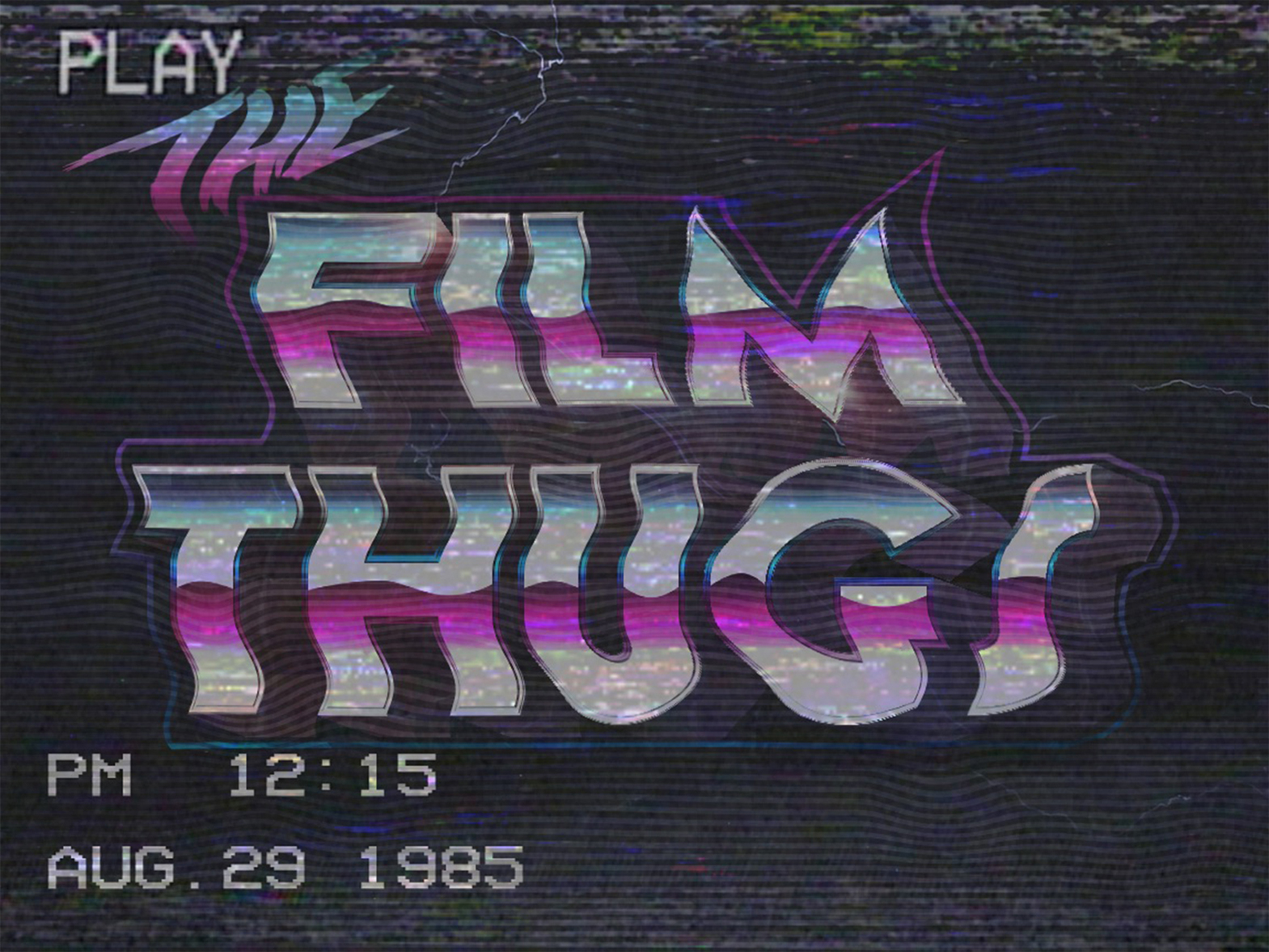Episodes

Wednesday Jul 11, 2012
Jim Reviews Django
Wednesday Jul 11, 2012
Wednesday Jul 11, 2012
The term "Spaghetti Western" normally brings two names to mind. Some people think of Clint Eastwood, and that's fine. Others think of Sergio Leone. Again, nothing wrong with that. He basically invented the genre and made its three most popular and enduring films.
But for fans of the genre, true fans, a third name usually works its way in there. While Leone made the landmark films, another Sergio was right up there with him.
Sergio Corbucci is responsible for movies like, "The Great Silence," and "Companeros," and while to most casual fans those aren't familiar films, to the lovers of the Spaghetti Western, they are absolutely necessary.
Although not as popular as the Eastwood movies, Corbucci did have his, "Man with No Name." Even though his had a name, he was just as mysterious and dangerous.
That man, was "Django."

Released in 1966, "Django," represented a view of the west that was in line with Leone's, while having enough differences to make it stand out from the multitude of copycats.
You see, even though people tend to think that Hollywood is the only place where ideas get reused and recycled, copied and cannibalized, or knocked off and bastardized... we really don't have much on the Italians. Even though many of them never made it to the US there is a mind bogglingly massive amount of westerns that have the word "Dollars" in the title, (My favorite being, "And they Smelled the Strange, Dangerous, Exciting scent of Dollars.") and even more with the word "Clint." The market was absolutely saturated, and there was a whole lot more chaff than wheat.
According to Franco Nero, who played Django, he became so identified with the character that almost every movie he was in for years had the name "Django" in the title. No matter where or when it was set, no matter the genre, it was a Django movie. He even pops up in Tarantino's "Django Unchained." Watch the trailer, he's the guy Jamie Foxx says, "The D is silent," to.

Both Sergios made movies about mysterious loners who came to town looking for something, and that something was none of your business and normally meant a world of hurt for someone who deserved it.
"Django," is the story of a lone gunman who roams the west dragging a coffin behind him. He is quick on the draw, deadly as hell, and utterly fearless.
These men also have a code of honor. Yes, they are bad men in the conventional sense, men who don't hesitate to kill you graveyard dead where you stand, but they have a firm sense of what is right, and they will do what is right no matter what.
"Django" begins with a prostitute about to be killed for unknown reasons. He saves her, incurring the wrath of the local heavy.
From here, the story does get a little complicated. Which is another staple of the Spaghetti Western.
In essence, "Django," is a simple revenge story, in as much as vengeance can be simple. Django had someone taken from him, now he must settle that score.
I liked this movie, but I didn't love it. It's got some great violence and outstanding character work, but it felt a little over long. The pacing of the narrative started out really quick, then it slammed to a halt, then it picked up a little until it kind of trailed off. It didn't have that incredible build that marks many of the other films of the genre.
Where Corbucci differs is that his west is dirty. Not that it was clean in Leone's world, but it's... well, different. Basically, Leone had a dusty west, Corbucci had a dirty west that was ugly, sadistic, and cold. Not figuratively cold, literally cold.
This makes the movie a little hard to watch. The soundtrack is dominated by a bitter wind that whips through the town. Every inch of ground that doesn't have a building on it is caked in thick mud. The environments feel more real, less like rough treated sets. Where Leone allowed some separation from what was going on, Corbucci wants you right in the middle of it.
As strange as it sounds, there is more of a Catholic influence in Corbucci's work. There is suffering as penance, there is absolute good and evil, and there is no escaping judgement. People are punished, and punished cruelly. This did happen in Leone's movies, but it was never as visceral as it is in Corbucci's.
I found myself wanting to like this movie more than actually liking it. It does not hold a candle to "The Great Silence," which is an absolute masterpiece, but it is serviceable. But, sadly, the slow middle makes it a little difficult to get through. It's good, but just bear in mind that it isn't "The Good, The Bad, and The Ugly," and that's OK. Not many movies can be.


Comments (0)
To leave or reply to comments, please download free Podbean or
No Comments
To leave or reply to comments,
please download free Podbean App.